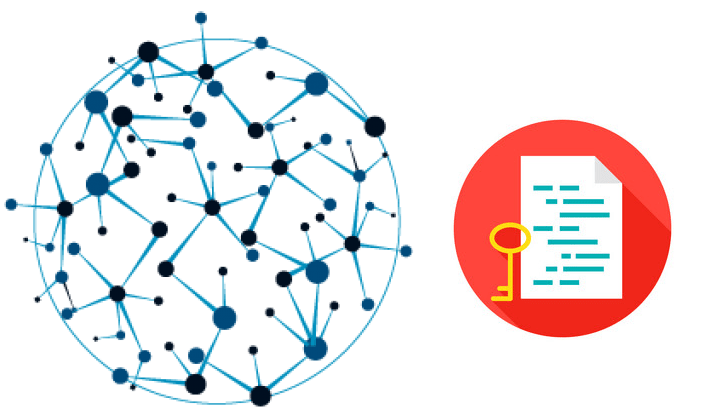Why do We Need Data Science
As a concise yet meaningful working definition, Data Science is characterized as the discipline focused on extracting valuable knowledge from information. This rapidly evolving field has experienced significant growth over the past fifteen years, permeating virtually every organization that generates or relies on data.
Given its indispensable role in various scientific, academic, and business domains, Data Science necessitates up-to-date operational systems and cutting-edge technology to effectively address present and future challenges and unravel unanswered questions. Hence, it is a critical component in almost every field, constantly evolving to adapt to emerging issues across diverse organizations, businesses, and industries. The efficacy of Data Science lies in its ability to provide sophisticated solutions for complex problems, while also ensuring that these solutions are presented in a simple and actionable manner.

Importance of Data Science
The volume of data generated daily has reached staggering proportions, presenting significant challenges for organizations to manage and analyze effectively. As a result, approximately 75% of top business entities are venturing into the field of Data Science to gain a competitive edge. Amidst this tight competition, Data Science has emerged as a vital tool for handling and using such vast data sets.
Prominent companies like Amazon, Google, and Microsoft exemplify the value of Data Science by utilizing it to enhance their operations and revenue streams. For instance, Amazon uses recommendation systems to drive a substantial portion of its sales, while Google utilizes browsing history for targeted internet advertisements. Meanwhile, Microsoft discreetly gathers user information through hidden reporting features. In today's data-driven landscape, information serves as the driving force, enabling businesses to capitalize on the wealth of data available and translate it into financial success. The more information an organization possesses, the greater its potential to generate revenue and make strategic decisions.
Why we need Data Science?
- Explosive Data Growth: The amount of data generated every day is enormous and continues to increase rapidly. This data comes from various sources, including social media, sensors, transaction records, and more. Data Science equips us with the tools and techniques to extract valuable insights from this massive volume of data.
- Data-Driven Decision Making: Data Science enables organizations to make informed, data-driven decisions. By analyzing and interpreting data, businesses can identify patterns, trends, and correlations that aid in strategic planning and problem-solving.
- Competitive Advantage: In today's highly competitive landscape, organizations that use Data Science gain a competitive edge. It helps businesses optimize their processes, improve customer experience, and create personalized products and services.
- Predictive Analytics: Data Science allows us to build predictive models that forecast future trends and behaviors. These models help in risk assessment, demand forecasting, and resource planning.
- Personalization: Data Science facilitates personalized recommendations and user experiences. Companies like Amazon, Netflix, and Spotify use data to suggest products, movies, or songs based on individual preferences, enhancing customer satisfaction.
- Healthcare and Medicine: In the healthcare industry, Data Science plays a crucial role in analyzing patient data, identifying disease patterns, drug discovery, and personalized treatment plans.
- Fraud Detection: Data Science helps in detecting fraudulent activities in financial transactions, insurance claims, and online transactions, leading to improved security measures.
- Optimizing Marketing Strategies: With Data Science, businesses can analyze customer behavior, preferences, and responses to marketing campaigns. This analysis aids in optimizing marketing strategies and maximizing return on investment (ROI).
- Social Impact and Research: Data Science contributes significantly to research in various fields, including climate science, genetics, social sciences, and education. It allows researchers to process and analyze vast datasets, leading to breakthroughs and advancements.
- Automation and Efficiency: Data Science enables automation of repetitive tasks, streamlining processes, and increasing operational efficiency.
Conclusion
Data Science is crucial because it helps organizations unlock the potential of data, make data-driven decisions, gain a competitive advantage, improve customer experiences, and drive innovation in various domains. It has transformative applications across industries, making it an indispensable tool in today's data-centric world.